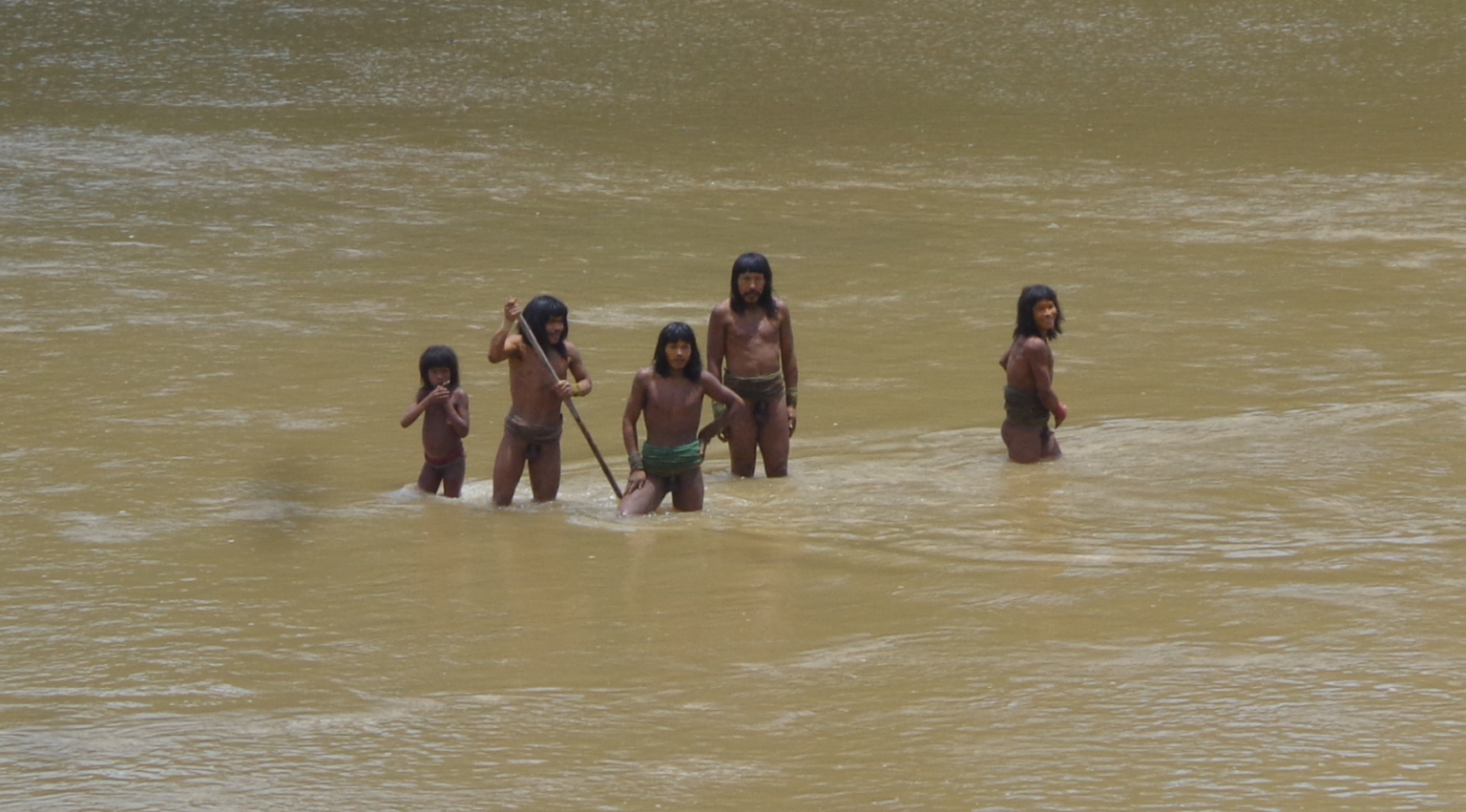2020-06-17
The rights of Indigenous Peoples in Peru who remain voluntarily cut off from the outside world received a significant boost in May, after a legal revision strengthening the integrity of their territories was unanimously approved by a parliamentary committee, ahead of an expected vote in parliament that could see it become law.
It is estimated that around 200 communities across the Americas are largely maintaining traditional ways of life which pre-date the arrival of European colonists, known as ‘in voluntary isolation or initial contact’.
Peru, which is home to around 7,000 such native peoples, has existing legal protections for the highly remote and difficult-to-access territories where these communities live. However, inbuilt legal “exceptions” or loopholes to allow for natural resource extraction have come under fire from indigenous rights advocates for opening voluntarily isolated communities up to potentially traumatic or even lethal contacts with the outside world, aiding the spread of deadly diseases and accelerating the loss of these unique cultures. The problem has been compounded by the fact that communities in voluntary isolation or initial contact often occupy zones which are attractive to investors and extractive industries.

Photo by SERNANP
A modification to existing legislation which would both remove exceptions and create buffer zones around these territories has now been passed without objection by the Indigenous Peoples Commission of Congress, following consultations with the Tenure Facility’s in-country partners and other civil society and indigenous actors. This opens the way to a significant bolstering of protections for these communities, at a time when the spread of COVID-19 across the region has heightened fears over the risks facing millions of indigenous people.
If the law is passed, it would mark an important bright spot after decades in which Indigenous Peoples in voluntary isolation or initial contact have seen their lands plundered, their territories squeezed and their communities devastated by conflict and disease, driving many to the point of extinction. In the scramble to profit from Peru’s natural riches, indigenous voices have been barely audible on the national stage until recently – particularly those of societies that remain cut off and lack political representation. Years of tireless and courageous campaigning from indigenous rights groups, including the Tenure Facility’s partners, have finally begun reaping rewards, and this proposed legal change is part of a wider move to redress some of the damage.
"It is our obligation as a country to protect these peoples, they are part of our identity"

infographic by SPDA
The change to the so-called PIACI law would have ramifications beyond Peru’s borders, according to the President of the People’s Commission, Lenin Bazan, by ensuring that Peruvian legislation respects international standards regarding indigenous rights.
“The law’s approval will also serve as a precedent for what is to come with respect to the reform of the rights of Indigenous Peoples,” Bazan said.
Silvana Baldovino, who heads the Program of Biodiversity and Indigenous Peoples at the Peruvian Society for Environmental Law (SPDA), a Tenure Facility partner, said that acceptance by the committee of the legal position that indigenous territories should be sacrosanct was a vital step towards meeting the long-standing claims of these communities.
“It is our obligation as a country to protect these peoples, they are part of our identity,” she added.
For a version of this article in Spanish, please visit our partner’s website.
Articles